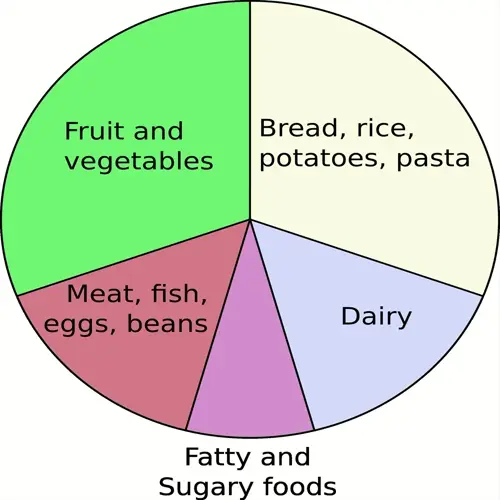Are there probiotic options for lactose intolerance?

Written by
Tran Quang
Reviewed by
Prof. William Dalton, Ph.D.Lactose intolerance does not eliminate the chance of consuming probiotics. There are many effective alternatives available that do not contain dairy base. I have had the opportunity to work with many of my clients in promoting gut health while avoiding lactose intolerance. The alternatives yield similar beneficial bacteria diversity and effects. Often, they are easier to digest in sensitive organisms. The microbiome will be in its best condition through the proper choice of probiotics that do not contain lactose.
Plant-Based Dairy Alternatives
- Coconut Milk Kefir: Contains Lactobacillus reuteri and other strains
- Almond Milk Yogurt: Features Bifidobacterium cultures
- Cashew Ferments: Develop probiotics similar to dairy yogurts
Fermented Vegetables
- Kimchi: Offers Lactobacillus kimchii cultures
- Sauerkraut: Contains Leuconostoc mesenteroides strains
- Fermented Pickles: Provide Lactobacillus pentosus in brine
Soy and Grain Ferments
- Tempeh: Rhizopus oligosporus fungi cultures
- Miso: Aspergillus oryzae probiotics
- Water Kefir: Lactobacillus casei from grain fermentation
It is essential to read labels carefully when purchasing high-quality lactose-free probiotics. Look for a "dairy-free" or "contains live cultures" statement. Ensure that the ingredient list does not contain any milk derivatives. They should be refrigerated rather than stored on shelves. Carefully check the expiration date. Products that show separation and/or cloudy liquid indicate fermentation. Discard products that show mold or bad odors.
Include these foods in your daily meals. Add coconut kefir to your morning smoothies for a delicious treat. Use tempeh in lunch stir-fries or sandwiches. Enjoy kimchi as a side dish at dinner. Use water kefir for a refreshing afternoon drink. Consume foods that feed the good bacteria, such as bananas and oats. The use of this combination can greatly increase the effectiveness of the probiotics.
Regular consumption helps enhance digestion without causing lactose intolerance or upset. These products introduce a variety of bacteria to the gut. They stimulate the bowel and help it digest food with less effort. Many have slight relief from gastric trouble. Alternate the sources to introduce a variety of strains. A sustained supply of lactose-free bacteria improves gut health.
Read the full article: 10 Essential Probiotic Foods List for Gut Health

